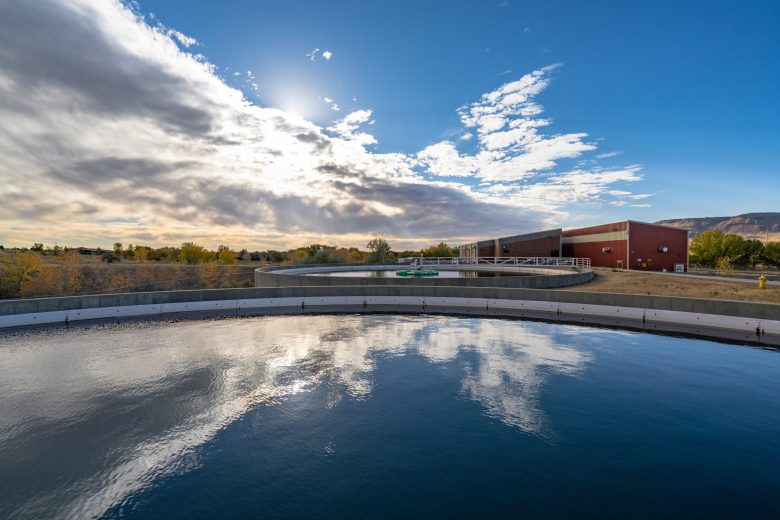Arvadans who don’t pay their water bills can expect to have their water service cut off due to an ordinance passed by the city council that returns the city’s water bill payment policy to its pre-COVID terms.
At the July 1 business meeting, the Arvada City Council approved the ordinance by a 6-1 vote, with Councilmember Shawna Ambrose being the lone dissenter.
Since 2020, Arvada has been using a lien system, which, according to the city’s Director of Infrastructure Jacqueline Rhoades, has placed a burden on city staff.
“As of now, the shutoff process remains inactive, and instead, delinquent accounts are managed only through our annual lien process,” Rhoades said. “A review of our current practices indicates that relying solely on the lien process is inefficient, consuming significant resources and failing to effectively encourage timely customer payments.”
Before the pandemic, the city saw about 1,700 to 1,900 water shutoffs annually, Rhoades said. While liens used to comprise a smaller percentage of delinquent water accounts, they’ve tripled since the policy change, going from 72 liens in 2019 to 572 in 2024.
The City Clerk and Recorder’s Office said that processing those 572 liens in 2024 cost over $7,000. Based on data from November and December 2024, there were 1,267 delinquent accounts, representing $625,937 in unpaid water and sewer charges.
The transition to a lien system was to ensure that all residents had access to water for hygiene purposes — specifically hand washing — to prevent the spread of COVID, Rhoades said.
This decision was made to ensure that all residents, regardless of account delinquency, had access to fresh water for hygiene purposes, specifically hand washing to prevent the spread of the virus.
Rhoades said that the Infrastructure Department will report back to the council in 90 days to let them know how the new system works.
“What are the actual impacts?” Mayor Lauren Simpson asked when requesting the report back. “What are we seeing? Are we seeing a massive uptick of folks who are taking advantage of the assistance?”
Ambrose said that while she agreed the lien system is not working, she wished there was another way to handle delinquent accounts.
“I really appreciate what the city is presenting, and that the lien process is definitely not working,” Ambrose said. But I wish there were other solutions that had been presented besides shutting off water to see if there was a way to do it…I just really don’t like shutting off people’s water.”
Under the new system, the city’s water bill payment process sees a bill mailed out 30 days before it is due. On day 36 after that mail date, residents will start to get a delinquent notice via email or a call. 43 days after the bill distribution date, a shutoff letter is provided, which carries a fee. On day 51, customers get a call and email notice that there are another five days before the shutoff begins.
Typically, the Monday after the 56th day since the initial bill went out, the water will be shut off. The city provides contact information for the utility service team in its notifications to customers.


